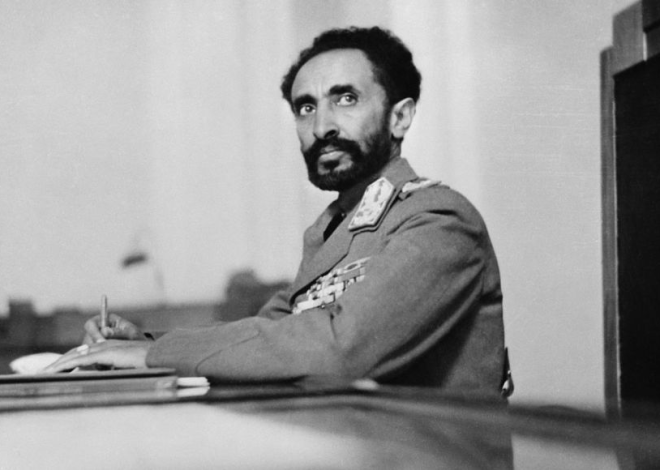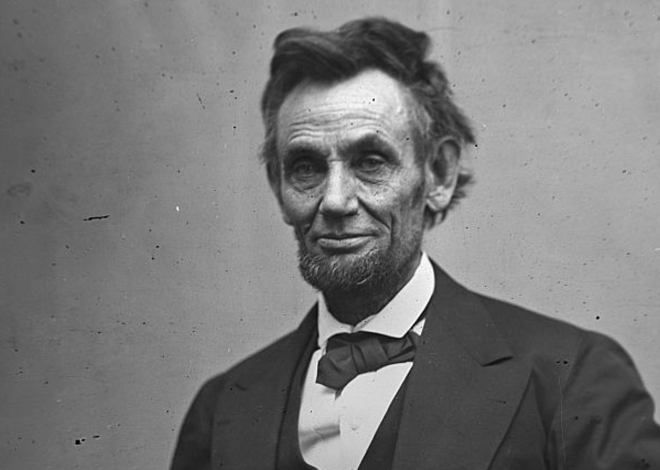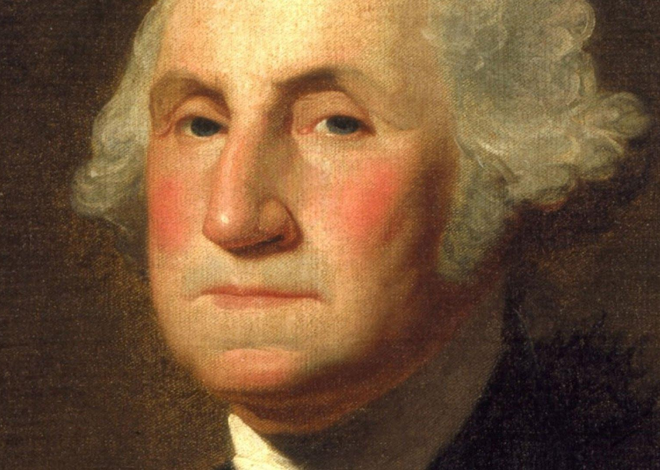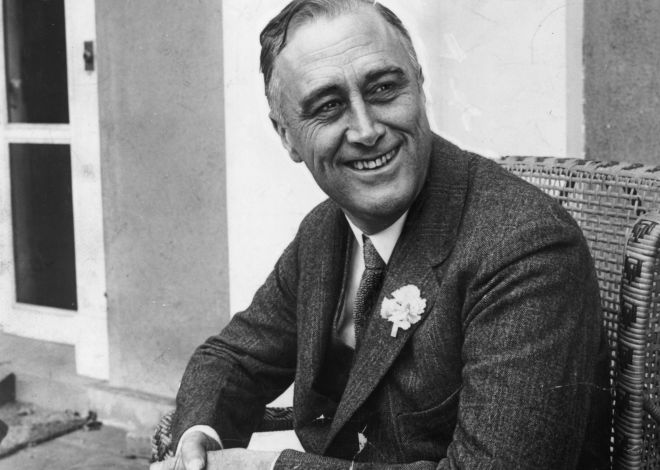
Thomas Jefferson
Thomas Jefferson was one of the Founding Fathers of the United States and the third President of the United States. He played a pivotal role in shaping the nation’s early history and its democratic principles. Here is a detailed history of Thomas Jefferson:
Early Life and Education:
- Thomas Jefferson was born on April 13, 1743, in Shadwell, Virginia, in the American colonies. He was the third of ten children in a prosperous family of landowners.
- He attended the College of William and Mary in Virginia, where he studied law and the classics. He was deeply influenced by Enlightenment thinkers like John Locke and Montesquieu.
Early Political Career:
- In 1769, Jefferson was elected to the Virginia House of Burgesses, the colony’s legislative assembly. He became known for his eloquent writing and support for American rights.
- In 1774, he wrote “A Summary View of the Rights of British America,” a pamphlet advocating for colonial rights and independence from British rule.
Declaration of Independence:
- In 1776, Jefferson was chosen to draft the Declaration of Independence, a document that outlined the American colonies’ grievances against British rule and declared their independence. The Declaration was adopted on July 4, 1776.
- Jefferson’s words in the Declaration, including “We hold these truths to be self-evident, that all men are created equal,” are considered among the most profound expressions of democratic ideals in history.
Governor of Virginia:
Jefferson served as the Governor of Virginia from 1779 to 1781, during a critical period of the American Revolution. He faced challenges such as British invasion and the conflict between the state and federal governments.
Minister to France:
In 1784, Jefferson was appointed as the U.S. Minister to France. He served in this role until 1789 and played a key role in developing diplomatic relations between the United States and France.
Secretary of State:
Upon returning to the United States, Jefferson became the first Secretary of State under President George Washington, serving from 1790 to 1793. He clashed with Secretary of the Treasury Alexander Hamilton over issues such as federal power and economic policy.
Founding of the Democratic-Republican Party:
Jefferson and James Madison founded the Democratic-Republican Party (later known as the Democratic Party) in opposition to the Federalist Party led by Alexander Hamilton. The party advocated for strict interpretation of the Constitution, states’ rights, and agrarian interests.
Election as President (1801-1809):
- In 1800, Jefferson was elected as the third President of the United States. His presidency is often referred to as the “Revolution of 1800” because it marked the peaceful transfer of power from one political party to another.
- During his presidency, Jefferson pursued an agenda that included the Louisiana Purchase, which doubled the size of the United States, and the Lewis and Clark Expedition, which explored the newly acquired western territories.
Retirement and Later Life:
- After serving two terms as president, Jefferson retired to his plantation, Monticello, in Virginia. He continued to be active in politics, writing, and correspondence.
- Jefferson founded the University of Virginia and designed its campus, emphasizing the importance of education and religious freedom.
Death:
Thomas Jefferson died on July 4, 1826, on the 50th anniversary of the adoption of the Declaration of Independence. He passed away at Monticello at the age of 83, just hours before John Adams, the second President of the United States, also died.
Legacy:
- Thomas Jefferson’s legacy is vast and complex. He is remembered for his contributions to American independence, his role as a founding father, and his advocacy for individual rights and liberties.
- He is also remembered for his writings, including the Virginia Statute for Religious Freedom, which served as a model for the First Amendment to the U.S. Constitution.
- Jefferson’s beliefs in democracy, limited government, and the importance of education continue to influence American political thought and governance to this day.
Thomas Jefferson’s life and work remain integral to the foundational principles of the United States, and he is celebrated as a champion of liberty and democratic ideals.







